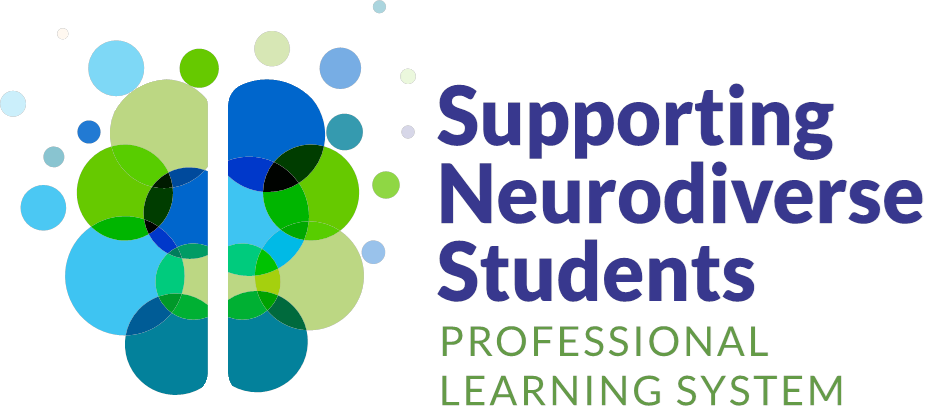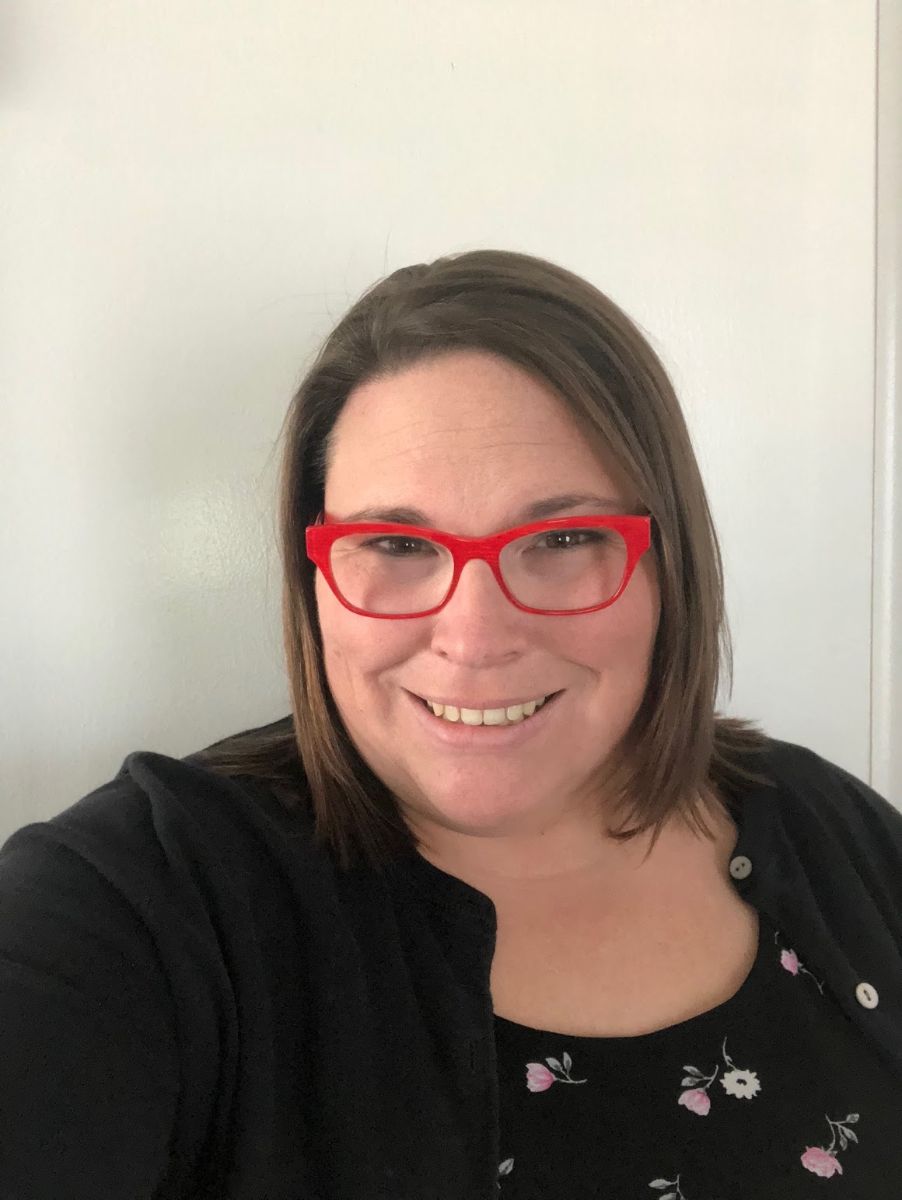Understanding "Sensory" - Oct 8, 2025 (virtual)
Admission
- Free
Location
Description

The word sensory is used in many different contexts within education, and between educational disciplines; we use it to mean many different things. In this training, participants will norm their language around the sensory systems and how sensory systems influence our brain.
We will explore how environments can influence sensory input and look at how we might utilize our favorite sensory tools in more effective ways that are accessible to both related service providers and classroom teachers. When we discover concepts such as “fidgets aren’t for everyone,” we can better set up environments and implement strategies that support individual student needs and how their body shows up. We will learn to shift our focus from simply “sensory” to a deeper understanding of “regulation.”
Objectives:
- Participants will be introduced to the sensory systems and how they influence our brain and body (helping to norm the language used when referencing "sensory")
- Participants will examine tools and strategies commonly used and learn how to make an informed decision on their use by all providers
- Participants will leave with evidence-based information about universal strategies to support outcomes for students with sensory processing differences

About the Presenter: Katie Berg MA Ed., Supporting Neurodiverse Students Statewide Coordinator
Katie has been educating students for over 20 years. She has worked in the private sector, public education and now statewide through an IDEA Discretionary Grant. From her experiences providing one on one therapy, classroom teaching, district training and now statewide work, Katie has had opportunities to engage learners in a range of subjects related to students with neurodiverse needs. Many years were spent focused on working with students with autism and students experiencing mental health differences. Katie focuses on Social and Emotional Learning skills to support students and educators in problem-solving challenging behaviors.
The Supporting Neurodiverse Students Professional Learning Grant CFDA# 84.027A acknowledges the support of the Wisconsin Department of Public Instruction in the development of this material and for the continued support of this federally-funded grant project. There are no copyright restrictions on this document; however, please credit the Wisconsin DPI and support of federal funds when copying all or part of this material.
